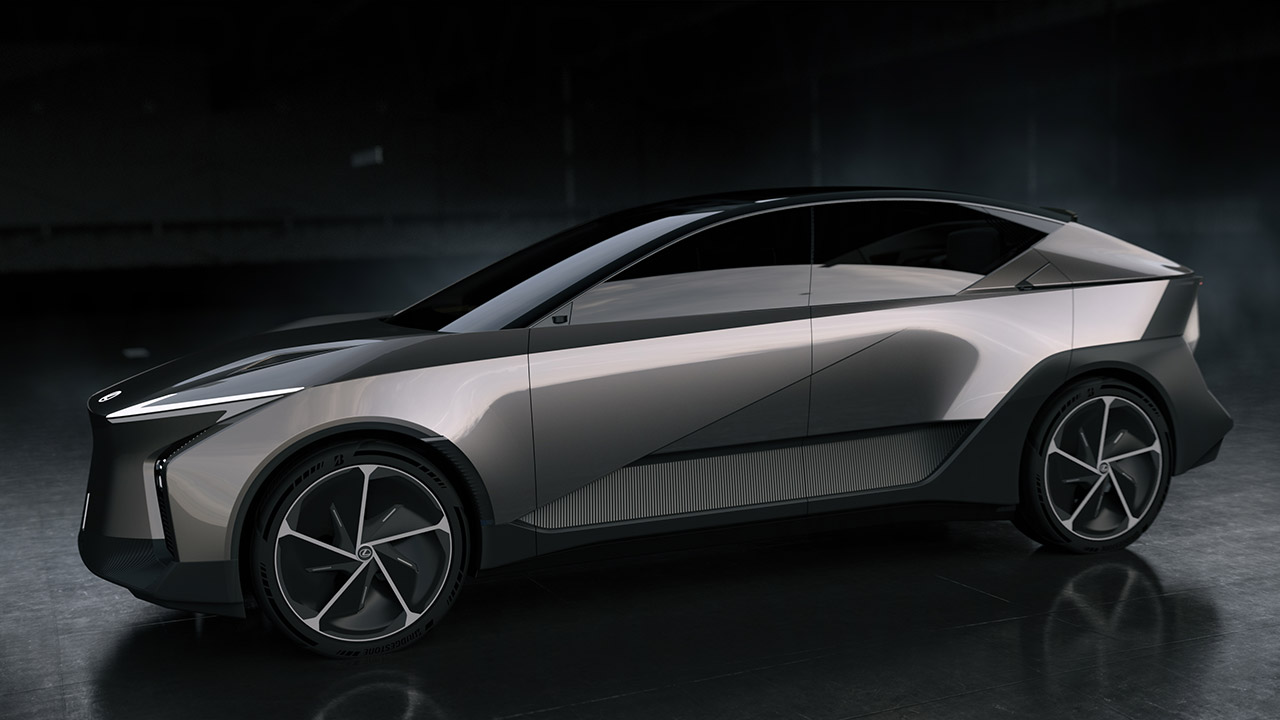While the LF-ZC offers a unique blend of a sedan and a wagon, the LF-ZL leans more towards a conventional SUV design, albeit with distinct features that set it apart from Lexus's existing SUV lineup. The vehicle's foundation is an innovative modular framework created via gigacasting, which segregates the SUV into front, middle, and rear sections. The assembly process for the LF-ZL is autonomous, requiring only its battery, motor, tires, and wireless controllers to move down the line.
As for its dimensions, the Lexus LF-ZL Concept is substantial, measuring 5,300 mm (208.6 inches) in length, 2,020 mm (75.9 inches) in width, and 1,700 mm (66.9 inches) in height, along with an impressive 3,350 mm (131.8-inch) wheelbase. It features a completely flat floor and comes with an interior brimming with technology to engage passengers.
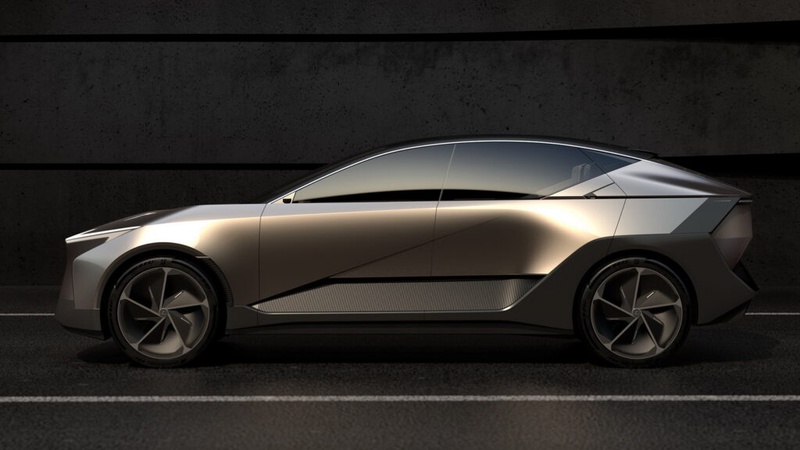
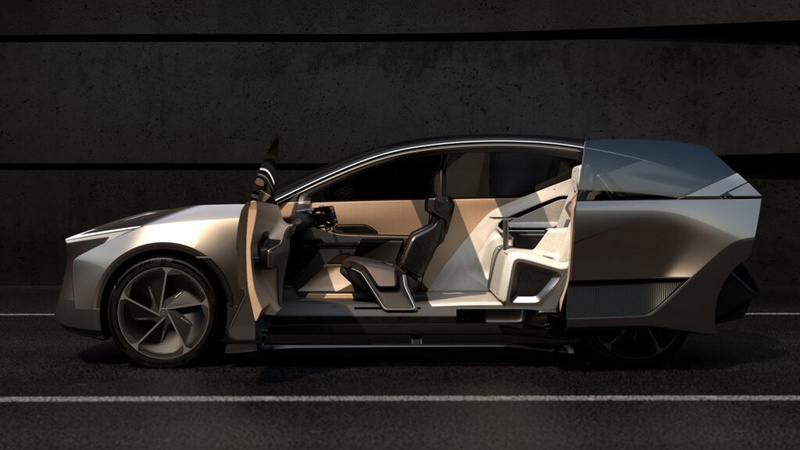
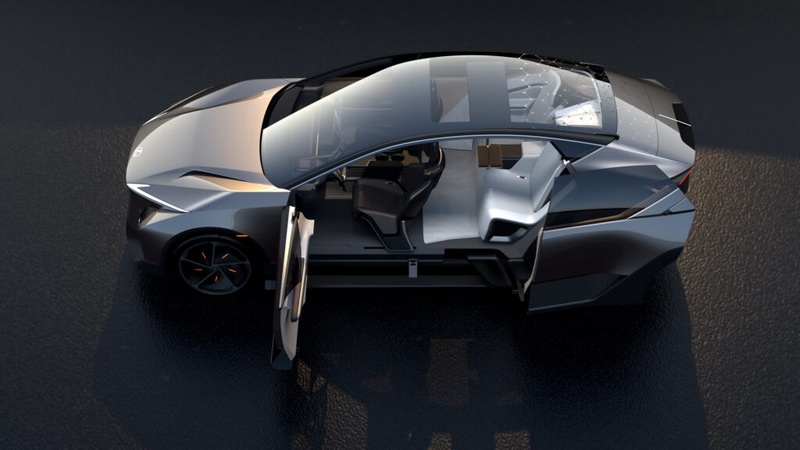
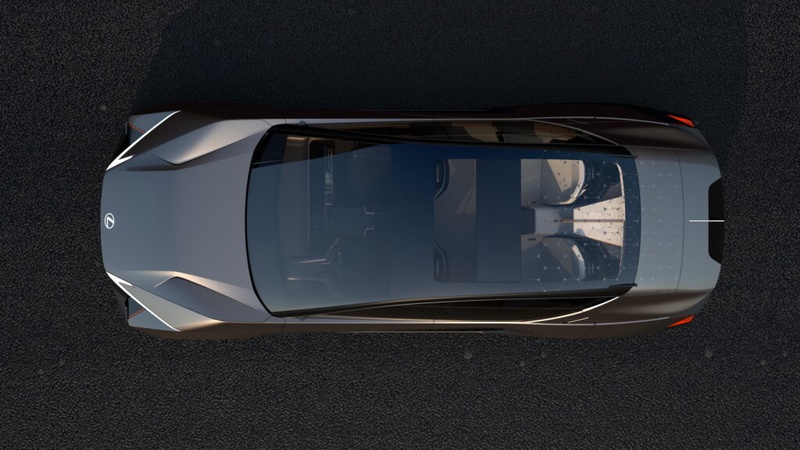
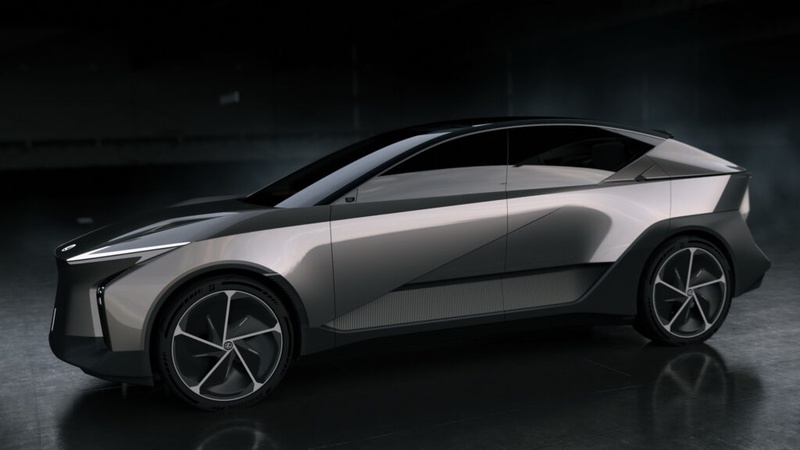
Lexus LF-ZL concept
Inside the cockpit, a yoke-style steering wheel is equipped with a compact display on its left side, used for gear shifting and switching between manual and autonomous driving modes. A similar screen is situated to the right of the steering wheel for media controls. A digital dashboard is conveniently located at the bottom of the windshield.
On the passenger side, the focus is on a large touchscreen that centralizes the vehicle's entertainment and control systems. Additional small, round screens are built into the central console. Although still a concept, the front seats are notably experimental and offer abundant room, likely to be modified when the vehicle hits production.
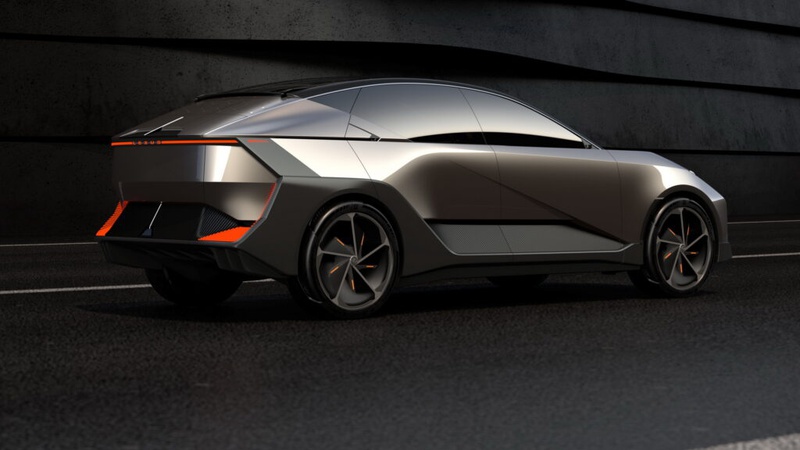
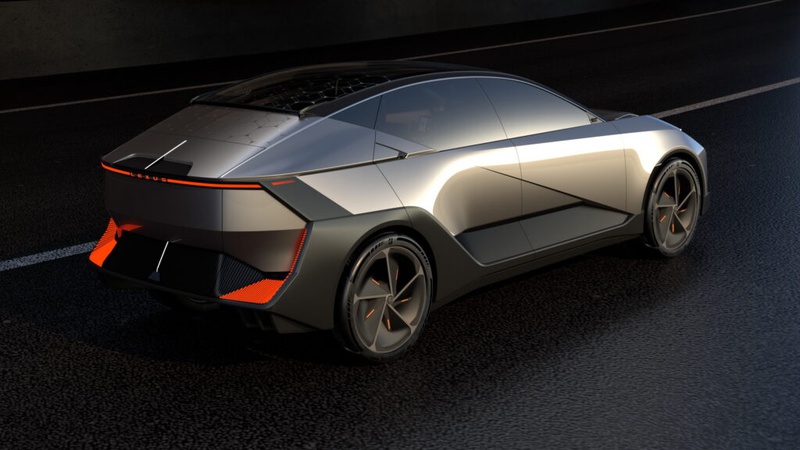
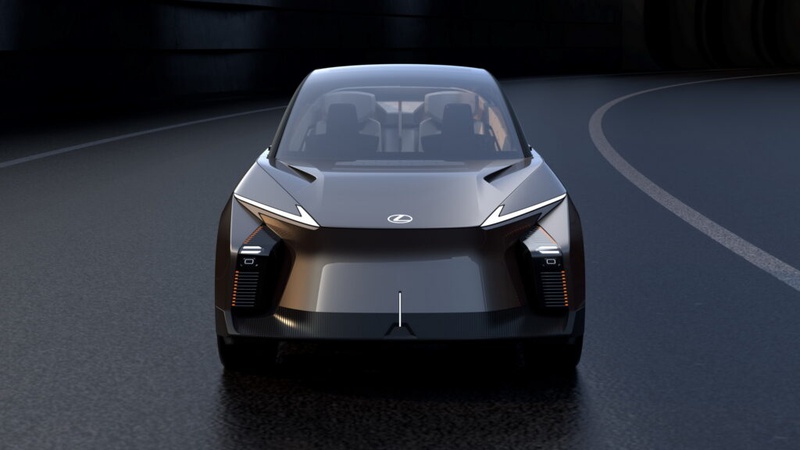
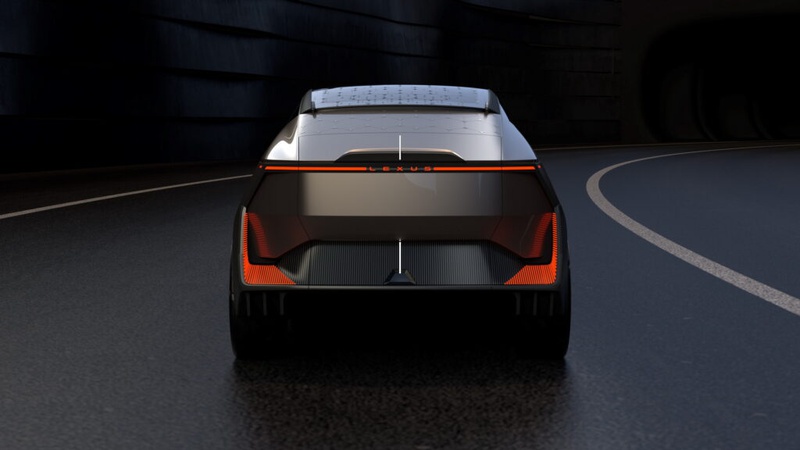
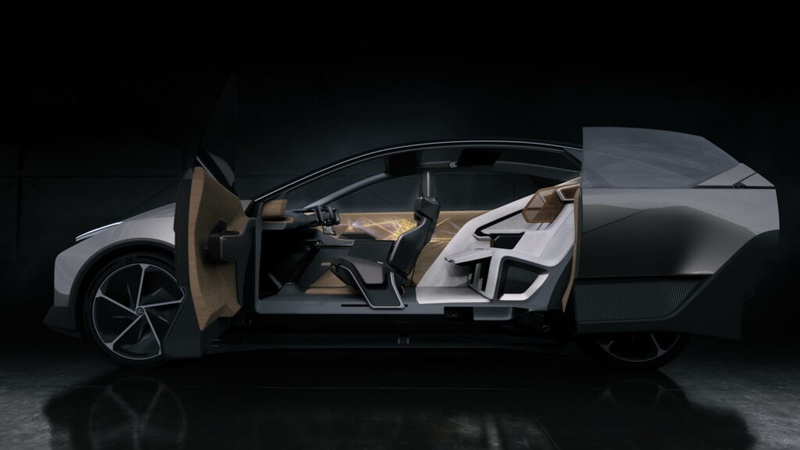
Lexus LF-ZL concept
The back of the LF-ZL is equally roomy. Designed as a four-seater, the rear seats are reclining lounge chairs complete with leg rests and a petite bamboo divider between them. The SUV also incorporates a next-gen operating system called Arene, which adapts to and anticipates the driver's requirements, offering a tailored mobility experience.
Under the hood, the LF-ZL is powered by cutting-edge batteries with a prismatic configuration. According to Lexus, these batteries attain excellent energy density by condensing and simplifying the battery makeup, promising a significant improvement in range compared to standard electric vehicles.
While Lexus has confirmed that the LF-ZC will transition into a production model by 2026, the future of the LF-ZL remains uncertain. The company describes it as offering a "glimpse into a future where mobility, people, and society are seamlessly connected."
Source: Lexus
